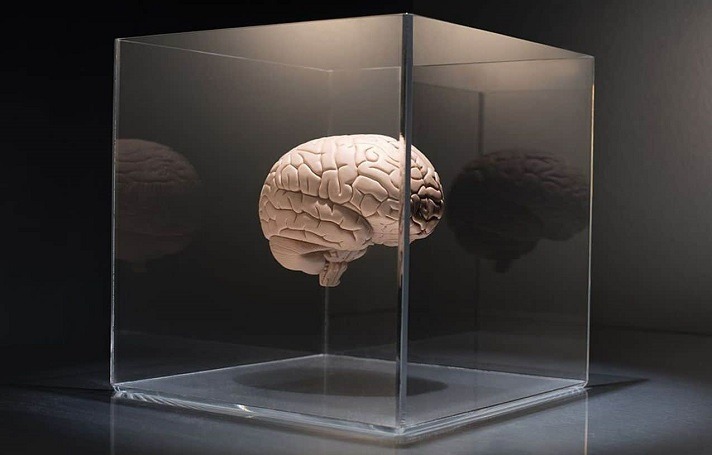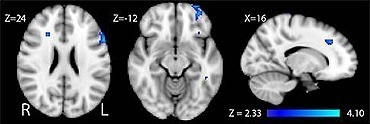Posts Tagged ‘social brain’
Large neuroimaging study finds social isolation to be an early indicator of increased dementia risk
Why do we get a buzz from being in large groups at festivals, jubilees and other public events? According to the social brain hypothesis, it’s because the human brain specifically evolved to support social interactions. Studies have shown that belonging to a group can lead to improved wellbeing and increased satisfaction with life. Unfortunately though, many…
Read MorePromoting Healthy, Meaningful Aging Through Social Involvement: Building an Experience Corps
(Editor’s note: Pathways responsible for higher-order thinking in the prefrontal cortex (PFC), or executive center of the brain, remain vulnerable throughout life—during critical early-life developmental windows, when the PFC fully matures in the early 20s, and finally from declines associated with old age. At all ages, physical activity and PFC-navigated social connections are essential components…
Read MoreExperience Corps: Promoting Healthy, Meaningful Aging Through Social Involvement
The current issue of Cerebrum –a great publication of the Dana Foundation– includes the excellent in-depth article Promoting Healthy, Meaningful Aging Through Social Involvement: Building an Experience Corps, written by researcher Michelle Carlson: “Over the last decade, scientists made two key discoveries that reframed our understanding of the adult brain’s potential to benefit from lifelong…
Read More


